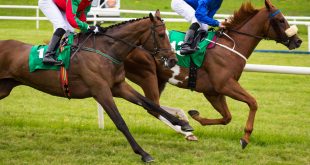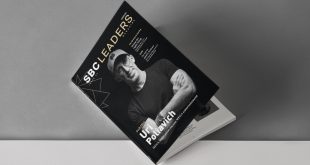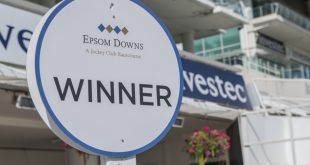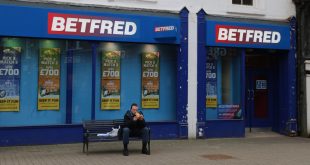Betfred founder Fred Done (74) is celebrating his 50th year in business, stating to the Manchester Evening News that he ‘will not slow down’.
Alongside brother Peter, Fred Done opened his first betting shop ‘Done Bookmakers’ In Pendlebury, Salford, on September 4, 1967.
Heading up the family business, Done would create a UK betting behemoth in Betfred which today operates over 1,700 betting shops employing 11,000 staff nationwide.
Betfred’s journey from a small family business to becoming a UK ‘Big 4’ bookmaker, joining the ranks of Ladbrokes, Coral and William Hill, has amassed the Done family billions in wealth and marked Fred Done as one of the most recognised businessmen in the North West of England.
Done is perhaps one of the few men who has witnessed every cycle of the UK betting industry. The billionaire’s betting inception started during the 1940s and 50s working with his father who ran an illegal bookmaking business due to UK prohibition on gambling.
Speaking to the Manchester Evening News, Done details UK betting’s birth which saw the rise of the first regional betting businesses during the 1960s and 70s. The formation of listed betting enterprises during the 1980s and 90s, through to the sector’s ongoing digital revolution.
As a businessman, Done does not shy away from confrontation or tough decisions. A lover of racing, this September Done stated that Betfred would ‘walk away’ from all association with the sport due to Jockey Club and Arena Racing Company (ARC) dropping Betfred’s Tote Pool services.
Done has ordered Betfred’s retail division to close 49 of its 51 on-course betting points by July 2018, a closure that could cost UK racing events approximately £6 million in sponsorship.
Ahead of this October’s much anticipated UK government review of the gambling industry which will primarily focus on FOBTs wagering levels and sector-wide advertising standards, Done details that at a retail level a ‘big rethink is needed’.
The Salford man states that retail bookmaking will always be his ‘first love’ for betting. However, stakeholders can’t afford to wear rose tinted glasses when dealing with the reality of the highstreet and changing consumer habits.









